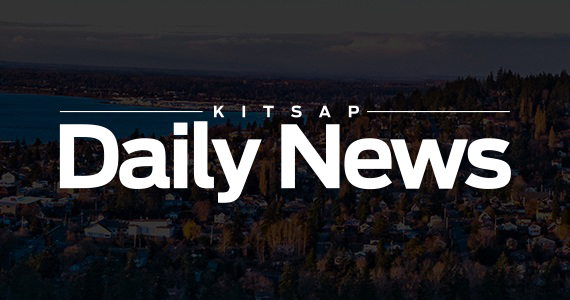I get questions about the benefits of the Stillwaters Fish Passage (aka “the Bridge”) at the mouth of the estuary all the time, which is nice. I’m glad folks are curious and concerned about the estuary.
In the environmental education world, we start many meetings and workshops with the introduction questions, “What started your love of nature? What was your favorite place in nature as a child?”
There is a lot to say about ways to recycle and consume less of Earth’s resources.
“Readin’ & Ritin’ & ’Rithmitic . . .” Those were once the “3 R’s,” the basics of a child’s education. That’s expanded a lot, to be sure, with our expanding understanding of the world.
This year there is more excitement to watch as the London Olympics become the most sustainable, “green” Olympic Games to date, and a model for sustainability long after the Olympics have gone.
So we are all good about recycling every plastic container we possibly can, right? And we pick up plastic bags from the roadways and beaches and get those to the plastic bag recycling, right? And those nasty plastic rings around six-packs of beverages get carefully cut up and put safely in the garbage, along with plastic bottle caps, right? Great!
Last month in my article, I talked about “Nature Deficit,” a term made common by Richard Louv to describe our loss of time spent soaking up the natural world. Nature Deficit affects adults just as much as children.
“Nature Deficit” is a term made common by Richard Louv when he chronicled the great loss for our children, in particular, who now tend to spend more time looking at screens and a lot less time soaking in the natural world.
As I write, it feels like winter, but they say spring is coming. I believe Earth will bring us spring eventually, and we’ll all be glad to celebrate Earth once again.
We are almost done, as I write this, with phase one of the Carpenter Creek Estuary Restoration project that started in 2000 — a bridge named the “Stillwaters Fish Passage.”
Things have changed. We all know it. Our world surely is not like it used to be! And that’s both good and bad. In this case, I’m speaking of technological advances that have changed our lives forever.
I am saddened so often by our human ways of interacting with the land we live on. We often express, in the regulations we follow and in the priorities we set for communities, a value of nature that is centered on what it can provide us and how we can use it up for our own benefit. And usually that is a monetary benefit.
The holiday gift-buying season will be here soon! This is the time of year that gets some of us to the malls and the stores even more often than we would ever like to be. It was in the midst of that shopping season that a sustainability discussion group at Stillwaters Environmental Center was discussing the topic of “Sustainable Buying.”
Summer is such a great time for having fun with those we care about. Every day I hear of another person or family that is off to visit their family or friends in other parts of the country, or that have friends and family coming to visit them here. It is great fun and so good for us all!
The long-awaited date is coming soon! On June 27, the construction on the bridge on South Kingston Road will commence….
EcoFest is upon us! On Saturday, April 30, hundreds of Kitsap residents (and guests!) will descend on Stillwaters to celebrate…
I am good at moving to “Plan B” in life. If things aren’t working out as planned — and life…
The hustle and bustle of the approaching holidays can be a lot of fun, and energizing! But for many of…
It’s time to prepare for what is predicted to be a colder, wetter winter than we’ve had for many years….
“Once you learn certain things — once you learn to ride a bike, say — your life has changed forever….


